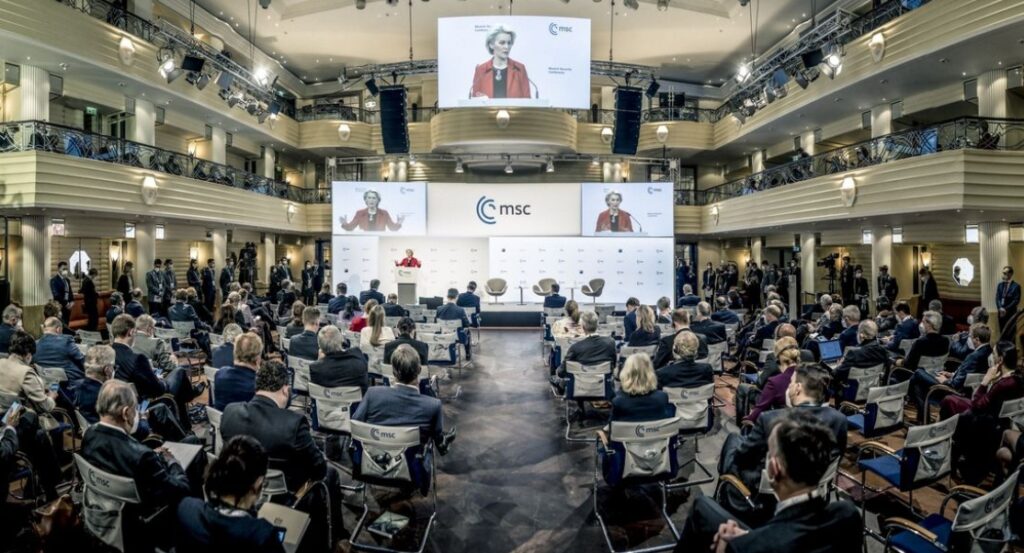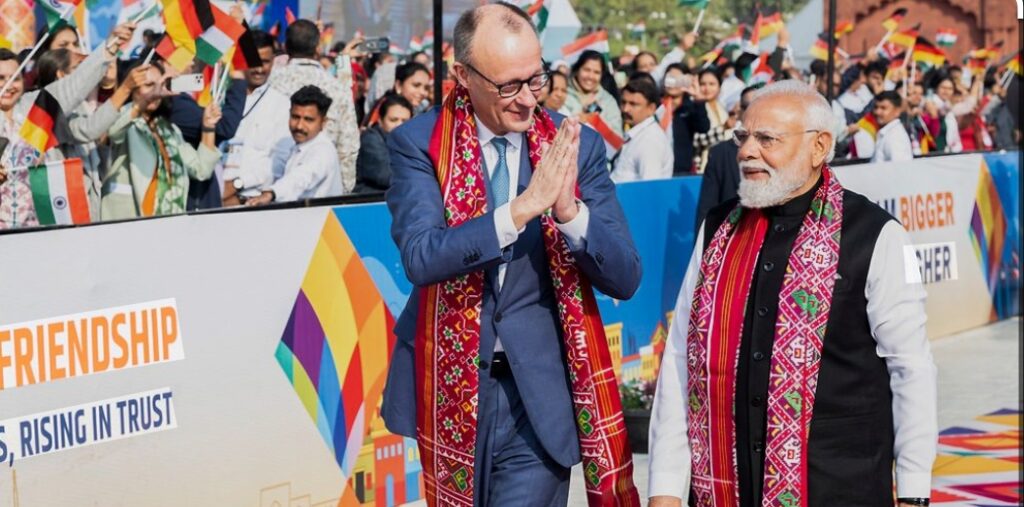Civility in Politics

By Justice Osai Ahiakwo
As a result of global evolution, the interconnectedness of human existence has led to an unending quest for power and control over all homo sapiens’ affairs.
Alas, it is a way of life applied in governance, and considerable efforts are made to tame the damming consequences.
There is no doubt that this represents a departure from the acts of barbarism and deprivation from good reasoning, which are remnants of the mediaeval or Stone Age era.
The world is so diverse and complex, filled with mainstream political actors playing out the scripts while leaving the apolitical class to remain indifferent about the well-being and collective welfare of the impoverished, larger population.
The level of polarisation in society reveals the disparity in life expectancy, prompting the pertinent question of whether evolution can even foster the desired civility in politics.
For sure, established norms define human rights, democratic values, and decorum, which set the standards for leaders to adopt.
Once there is collaboration, the potentially designed ways and means of cross-fertilisation of ideas and best practices enhance the practice of civilisation by politicians.
Politicians, if elected, promise to transform the future of the people. Their rhetoric is demeaning to the highly respected positions they seek to occupy.
Regrettably, some politicians pretend to remain unseen in the political arena. These kinds of politicians cannot campaign without being abusive, bullying, and carrying out propaganda or falsehoods against their opponents.
An attempt to aid them with a collective sense of shared humanity and responsibility usually meets brick walls.
It is clear that they must undergo the necessary training to become global citizens. They must leverage the use of modern technology to facilitate dialogue, information sharing, and civic engagement in order to improve their lifestyles.
Media outlets are readily available to stimulate interest in educating them to provide balanced reporting, thorough fact-checking, and investigative journalism.
Leaders from various civilised communities can inspire and guide other politicians to apply the best international standard practices in governance and civic engagement.
Cultural exchange programmes can likewise facilitate understanding and people-to-people diplomacy by learning from being civilised.
By embracing global evolution and its opportunities, the introduction of more civil and democratic policies aligned with global best international practices places the people and nation on the map of positive governance.
The level of respect, courtesy, and consideration shown to other political leaders demonstrates the working concept. This will help in creating an atmosphere where constructive dialogue, cooperation, and stability will break all barriers within the global political arena.
Treating each other with respect and dignity can build trust, strengthen relationships, and work towards a peaceful resolution of conflicts and challenges.
Despite its enormous challenges, a healthy democracy requires nothing less than civility in politics.
Divisive rhetoric and actions may engulf the atmosphere, sharply dividing politicians among themselves, but civility remains the antidote.
Frequent occurrences alter hate speeches and inflammatory remarks, escalating tensions and necessitating serious measures to reduce and/or eliminate such acts of disrespect.
The advantage of this is to eliminate prejudices and avoid stereotypes that often overshadow the objective of going into discourse to achieve harmonious living.
In recent times, politics has been characterised by a lack of cordial dialogue. Personal attacks and name-calling have replaced substantive debates or discussions, thereby giving way for inadequate communication skills in public gatherings.
Some leaders are failing in their duties to model civil behaviour, perpetuating a culture of incivility. The erosion of social cohesion is the basic cause of social unrest in society. This undermines family, communal, and national unity, thereby breeding mistrust as political gridlock manifests in high dimensions amid inciting statements that hinder common understanding amongst the actors.
Conflicting incendiary languages can lead to violence and destabilisation.
By prioritising civility, politicians will become social engineers equipped with the necessary experience of adopting a more proactive, inclusive, stable, and prosperous democracy from which society stands to benefit.
Civility in politics can help reduce tensions and conflicts between various political parties, leading to a more peaceful society.
It helps build trustworthy relationships. It enables politicians to honour their promises and fulfil agreements, as well as commitments made to the people. Acting rightly will create room for more stable and predictable relations at both domestic and international levels.
In strengthening international institutions and systems of governance, there must be a balance of interest on the scale of preference. To endanger more effective mechanisms for addressing transnational issues, politicians must demonstrate civility in their interactions to set a positive example for their citizens and the global community as a whole.
The benefits are not only for a specific family, community, or nation, but they can also act as an enabler in contributing to a more harmonious and prosperous world for humanity.
When it comes to gender, any form of neglect towards women can cause the system of governance to falter.
Taking into account the role of men over the notion of discrimination, it is evident that women play a critical role in society.
Women in politics often face gender bias that can affect their behaviour. Their resilience and confidence may be labelled as aggressive, while men display similar behaviour and are seen as assertive. This double standard can make it challenging for women to navigate political discourse with civility.
With a diverse representation in politics, including gender diversity, leadership in its truest form will be more nuanced, along with inclusive resolutions.
Different perspectives and experiences can enrich conversations and help bring about a more civilised political environment.
It is common knowledge that women in politics often introduce a different approach to leadership, emphasising empathy, collaboration, and consensus-building. These qualities can contribute to a more civil discourse by promoting understanding and dialogue over confrontation.
Women leaders who demonstrate civility in their interactions can serve as role models for others, showing the possibility of engaging in robust debates while maintaining respect and dignity. Their leadership can inspire a more civil political culture for future generations.
As women face unique challenges in practicing civility in politics, they can also reshape traditional power dynamics and promote a more inclusive and respectful political dialogue.
By advocating for gender equality and fostering a culture of civility, women can conveniently contribute to a more equitable and effective political system.
Gender plays a complex role in shaping civility in politics, highlighting the importance of promoting diverse representation. Religious beliefs also play a significant role in enhancing civility in political arenas.
Religious teachings emphasise values like respect, empathy, forgiveness, and compassion. These are essential for civil behaviour. It encourages tolerance, understanding, and acceptance of diverse perspectives, reducing polarisation and conflict.
It provides a moral framework for decision-making, motivating leaders and citizens to act with integrity and honesty.
Interfaith discussions and collaborations are other methods of promoting understanding and respect among different religious groups in order to project a culture of civility.
It is important to note that religion is a source of conflict and division if not properly managed.
To increase awareness of describing politics as a game, civility continues to be the antidote for those politicians who view politics as a life-or-death struggle.
Therefore, politicians must demonstrate civility in playing modern-day politics rather than resort to harassment, intimidation, threats, and other sundry actions that are inimical to natural justice, equity, and moral conscience.










